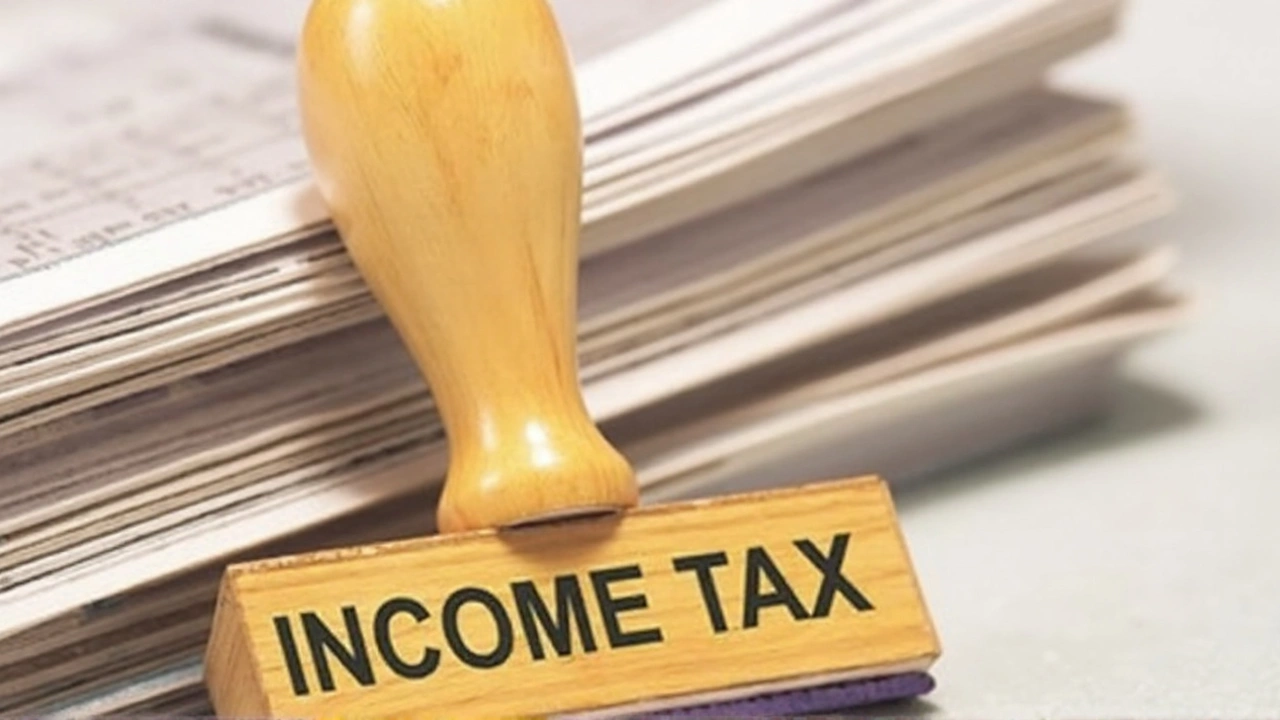Penalty 234F Explained: What It Means and How It Impacts You
Ever stumbled on a legal notice that mentions "Penalty 234F" and felt lost? You’re not alone. This tag shows up in news stories, court updates, and compliance guides, but most readers never get a plain‑English breakdown. Let’s clear that up right away.
Penalty 234F is a specific provision under Indian law that deals with violations of certain regulatory standards. In short, it’s a financial sanction applied when a person or organization fails to follow the rules set by a government authority. The exact amount and conditions can vary, but the core idea stays the same: break the rule, pay the fine.
Key Points of Penalty 234F
First, the law targets a narrow set of actions, usually related to public safety, environmental protection, or consumer rights. If you run a business that handles hazardous waste, for example, ignoring disposal guidelines can trigger Penalty 234F. Second, the penalty is not a criminal charge—it’s a civil fine meant to encourage compliance without sending someone to jail.
Third, the notice you receive will list the exact violation, the amount due, and a deadline for payment. Ignoring the notice can lead to additional charges, interest, and even a legal suit to recover the amount. Fourth, you have the right to appeal. The notice includes information on how to file an appeal, what documents you need, and the timeline for the hearing.
Finally, many sectors have built‑in monitoring tools to catch violations early. Companies often use compliance software to log activities and generate reports that prove they’re following the rules. If you’re already tracking these things, you can avoid the penalty altogether.
How to Handle a Penalty 234F Issue
Got a notice? Start by reading it carefully. Highlight the section that describes the alleged violation—that’s the part you’ll need to address. Next, gather any records, receipts, or logs that prove you followed the required procedures. This could be a waste disposal receipt, a safety audit, or a consumer complaint response.
Once you have your evidence, write a response to the issuing authority. Keep it short, stick to the facts, and attach the supporting documents. If you’re unsure about the legal language, a quick call to a lawyer who specializes in regulatory law can save you a lot of hassle.
If the notice seems wrong, you can file an appeal. Most appeals require a written statement, the original notice, and any proof you gathered. Submit everything before the deadline—missing it can make the fine stick.
While you’re sorting the paperwork, consider whether you need to change any internal processes. Maybe you need a new waste‑tracking system or an updated consumer complaint form. Making those changes now can prevent future penalties.
In many cases, the authority will reduce the fine if you show genuine effort to correct the mistake. So, be proactive, stay polite, and demonstrate that you take compliance seriously.
Remember, Penalty 234F is a warning sign, not a life sentence. It tells you where the law expects better behavior. Use it as a checkpoint to improve your operations, keep records clean, and avoid extra costs down the road.
Got more questions? You can always check the official government portal for the latest updates on Penalty 234F, or talk to a legal adviser who knows the local regulations. Staying informed is the best defense against unexpected fines.
Bottom line: read the notice, gather proof, respond on time, and fix the root cause. Follow these steps, and you’ll turn a potentially stressful situation into a simple compliance fix.
ITR Filing Last Date 2025: Deadline Extended to September 15 after form changes and system updates
The government has pushed the ITR deadline for FY 2024-25 (AY 2025-26) to September 15, 2025, citing new return forms and system upgrades. Individuals and HUFs without audit get more time; audit and transfer pricing cases follow later dates. Over 6 crore returns are already filed. Belated returns are allowed till December 31 with fees and interest. No further extension is planned.
